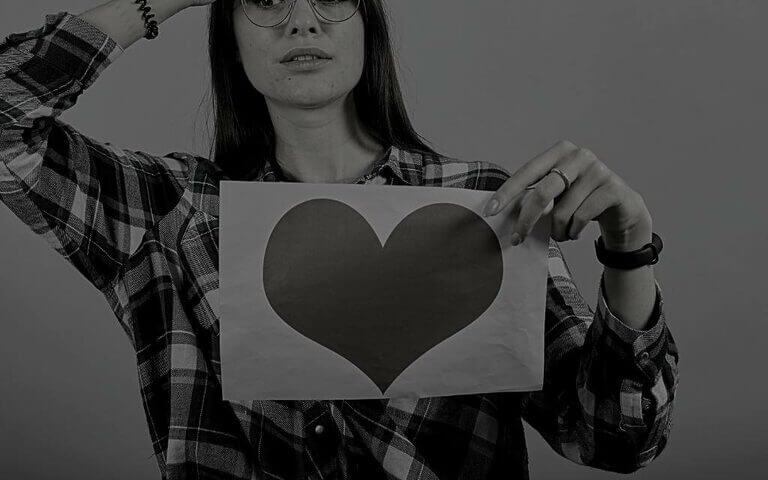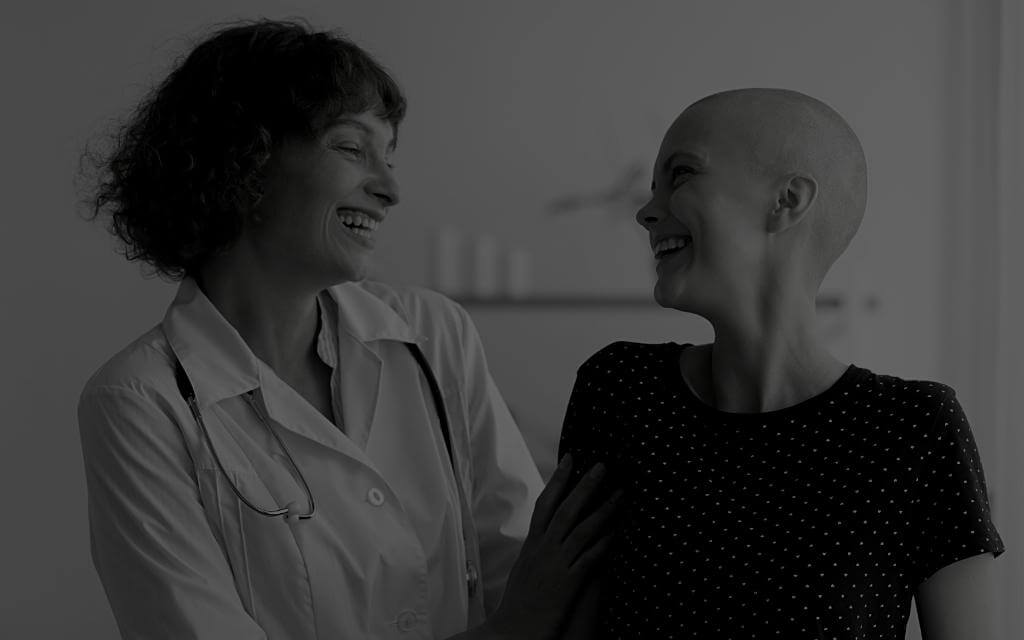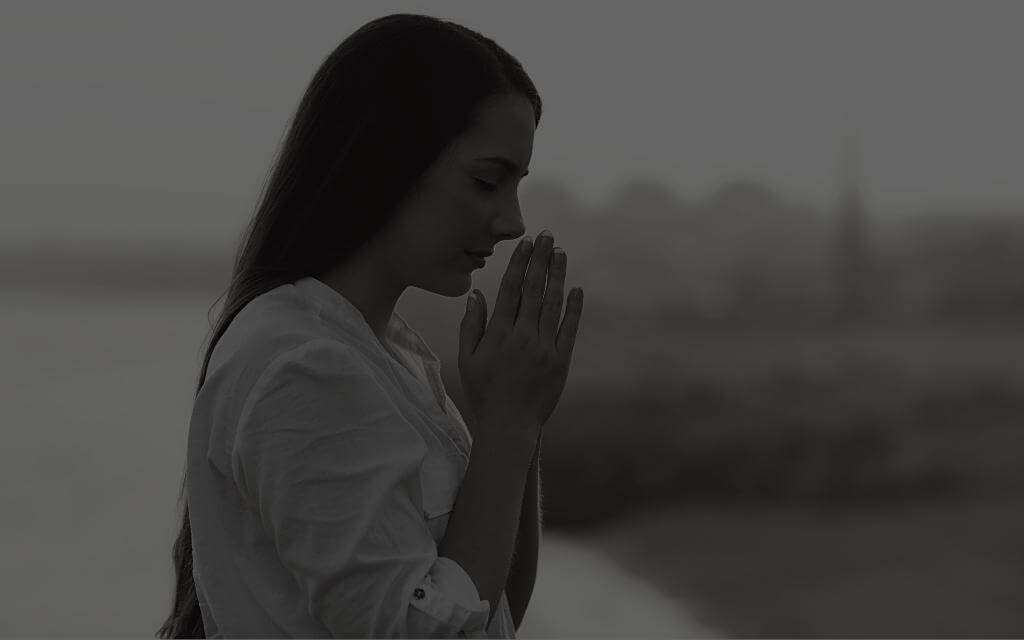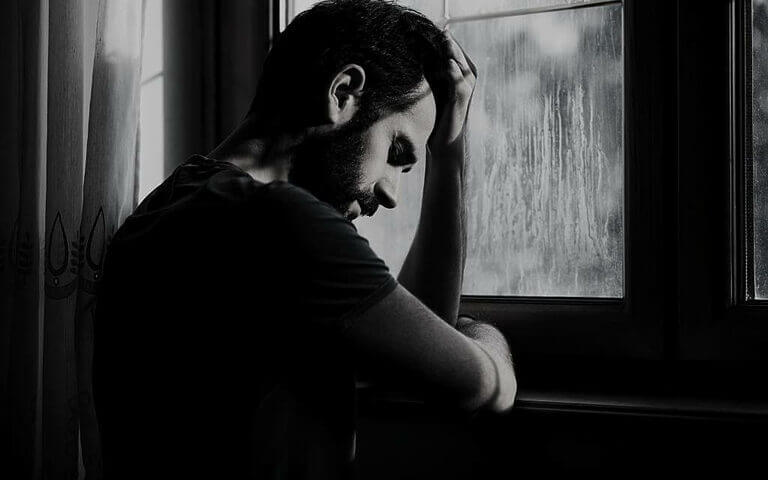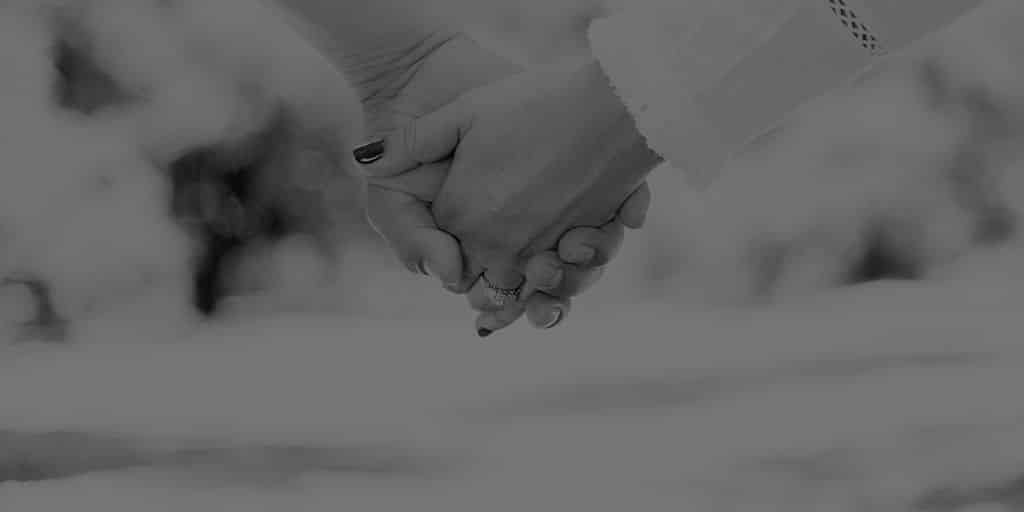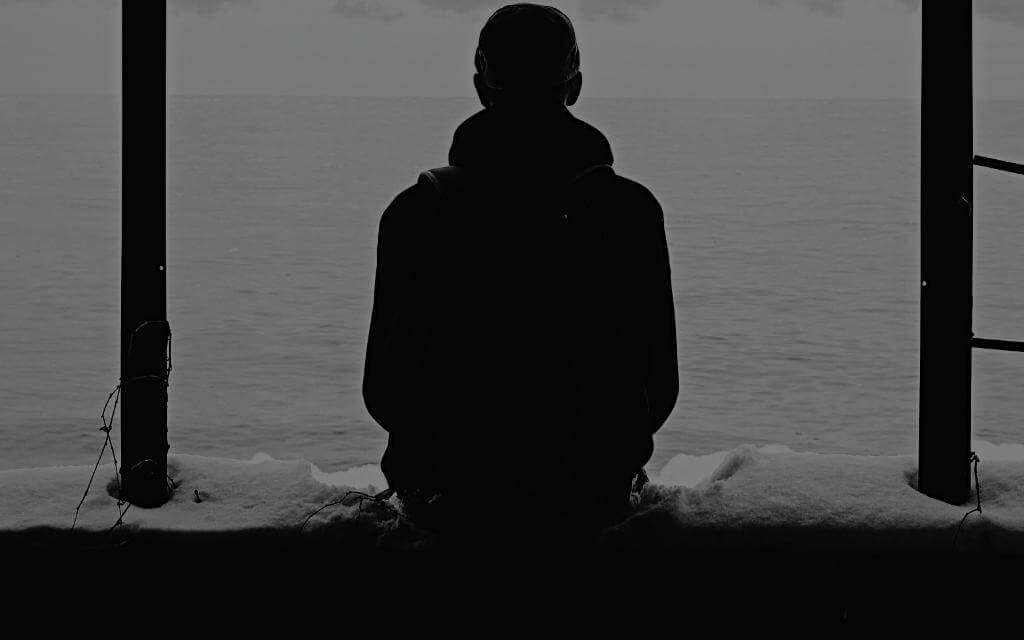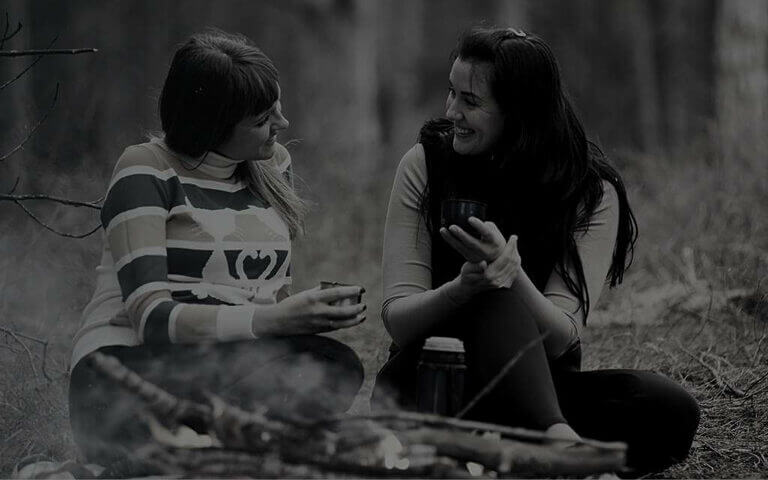This is Part 2 of Feeling Fatigued And Apathetic? You May Have Compassion Fatigue. To understand the backstory to this post and why I’m a credible source to discuss this topic, you may want to read that first.
Is Compassion Fatigue A “Problem”?
Some may be looking for a treatment, to me that makes it sound like we have a problem to treat. Anyone who knows me, or has been to the homepage of my website, will see my words I stand by: “People don’t need to be fixed, they just need to be woken up”.
Treatments are for problems, “waking up” is realizing that there was no problem in the first place, we just thought there was.
Compassion fatigue is still very real, I know from personal experience. However, in my experience with myself and others, when one sees something as a problem they have a tendency to resent the “problem” and what they think is the cause of the problem. This is all stems from them seeing it as a problem.
But what if it wasn’t a problem? How would that change things?
The reason I am bringing this up is that I resented Allie in the past because I saw her as the cause for my “problem” (compassion fatigue). Once I woke up to the fact that my problem was thought created, that it only existed in my mind as a problem, I was able to free myself of resentment and move toward healing myself and our relationship.
From Lost To Found, To Back Home
For the previous 6 months, my entire focus was on Allie. I neglected myself to a large degree.
I was no longer consistent with my workouts. I was no longer sticking to my nutritional plan. I was no longer being social. I was no longer myself.
I knew I was neglecting myself, I just felt guilty spending time on myself when I felt I should be spending it on Allie.
By following my inner guide, I was led down a path back to self-love. I started getting back into a more consistent workout routine. I started eating more like I used to. I started going out socially a bit more. I started learning and growing by studying nutrition.
I gradually built this foundation back up over a period of months and cruised for several years. I had hit a plateau.
I knew something was missing. I still didn’t feel like I was all the way back home. I still didn’t feel unconditional love for myself. Something was blocking it.
I still had resentment toward Allie and myself, although not as strong. The only way forward appeared to be that I had to forgive both of us.
My future had to become more important than my past.
The transformation I went through started roughly 18 months prior to my writing this. It involved:
- learning NLP through iNLP Center and receiving my NLP Practitioner Certification through them
- taking up a daily meditation practice
- waking up 60 minutes earlier to go through a morning ritual
- reading over 60 books (and counting)
- discovering The Three Principles understanding (by far the most impactful and profound element)
I no longer feel resentment toward Allie or myself. I have never felt more at home in my life.
7 Things I Did To Overcome My Compassion Fatigue
Based on my own personal experience, these are the 5 major elements that brought me back home:
1. Self-Love
I understand that as caregivers we can feel guilty spending time on ourselves, and we may have difficulty creating that time as well.
But if you want to come back home and love again, you must love yourself and nourish your soul. You don’t have to do it all at once but start somewhere. It can be as small as choosing one thing you used to do that you have always loved to do and spending 10 minutes per day on it. Something that when you do it, time seems to disappear. Do THAT!
It sounds so simple I know, but there is such a profoundness in simplicity. You can only give what you have inside so make sure that what you have inside is full of love.
2. Forgiveness
Self-love also encompasses forgiveness. If you hold any resentments toward yourself or the one you are caring for, you must forgive. This resentment will continue to block all the unconditional love you have to offer until you release it. Any resentments you hold toward yourself will be projected outward no matter how hard you try not to.
Bottling up resentments creates a continuous stress response inside your body which will inevitably lead to you feeling emotionally drained. It sucks all the emotional energy out of you, leaving the battery empty to feel anything else.
3. Recharge Your Emotional Battery
Without recharging, you can only sustain peak emotions for a period of time before they become unsustainable. This is when you start to feel emotionally drained, and possibly even apathetic, detached, or numb.
Ways to recharge your emotional battery include being in nature, spending time with a pet, meditation, general quiet time, reading an inspiring book, light exercise, etc. Generally, anything you love doing that gets you out of the environment that has contributed to your compassion fatigue is what you want to do.
This also allows you time to process your emotions.
4. DO NOT Resist Emotions
DO NOT resist emotions, this is will make your situation exponentially worse, trust me! You must feel your emotions in full force. For some, this may seem scary at first. If you are one of those people, I promise you this, your emotions cannot harm you.
Resisting your emotions actually elicits a prolonged stress response that wreaks havoc on your body. This is what leads to high blood pressure, diabetes, cancer, inflammation, and nearly every other disease.
Let your emotions run their course and they will disappear on their own, you won’t have to push them away.
5. Proper Sleep
I find that the importance of sleep doesn’t get talked about enough when it comes to stabilizing one’s emotional world. Proper sleep is absolutely imperative to any emotional recovery. Proper sleep is determined by quantity and quality.
You want to aim for roughly 7.5 hours of sleep (some people need more and some people need less). As for quality, if you feel groggy in the mornings, it’s a good bet that your sleep quality isn’t very good, even if you slept through the night.
It is during deep sleep that our physical body heals and rebalances, including balancing our hormones, which get thrown way out of balance in times of emotional stress. Improve your sleep to heal the side effects of your emotional distress.
6. Exercise
Exercise releases natural feel-good endorphins within our bodies. Chances are, you have not felt these good endorphins very often if you’re battling with compassion fatigue.
Regular exercise can help to rewire your brain to produce and experience more positive stimuli. This is important because it assists in breaking the pattern of being wired for apathy and distress.
You don’t have to go join a gym right away (although that would be awesome), you can start with a 10-minute walk every day and work your way up from there. You could join a league for one of your favourite sports as well. Just start doing something, get moving.
7. Pursue A Passion
Passion, being derived from the word compassion, will also be lacking in your life if you are dealing with compassion fatigue. With passion being generally defined as something you absolutely love to do, you will lack passion because compassion fatigue hinders your ability to love, but it doesn’t stop you.
Initially, I pursued my studies on nutrition, and more recently on coaching (and the many studies it encompasses). Studying spirituality, meditation, the mind, the three principles, philosophy, starting this blog to help up others, and much more, all have ignited a passion within me greater than I have ever felt. This passion has trickled into every other area of my life, including becoming more compassionate.
What are you extremely passionate about that you could start doing? Start doing it.
If you have experience with compassion fatigue I would love to hear about your experiences in the comments below 🙂
Learn from all of your experiences, opportunities are everywhere.
Take care,


